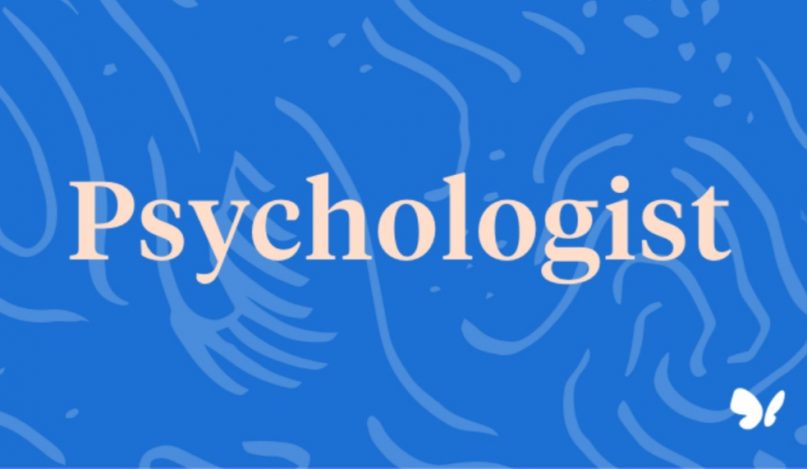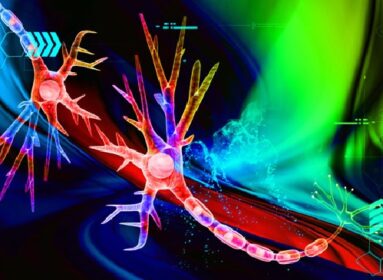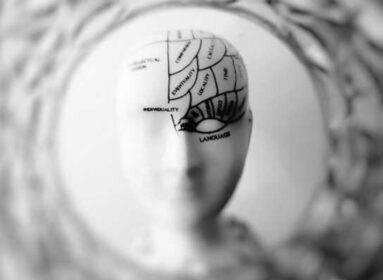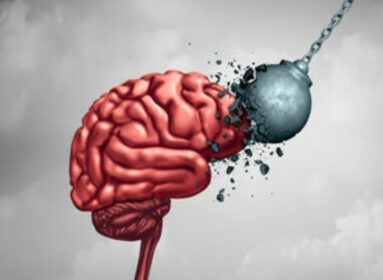
The terms are often used interchangeably to refer to a mental health professional trained in healing conversation.
The mental health world uses a lot of professional titles that sound similar, and can be confusing even to mental health professionals. With this post, we will address some of the basic definitions that often confuse those unfamiliar with these key differences – therapist, counselor, therapy, and coaching.
What is the difference between a therapist and a counselor?
Before we get too far into the technicalities, let us just say this up front: Today, there is not much difference between a therapist and a counselor. The terms are often used interchangeably to refer to a mental health professional trained in healing conversations, one who can assess, diagnose, and treat the full range of mental and emotional disorders
If you want to get technical, though, the terms have somewhat different origins and ever-so-slightly different umbrellas.
Therapists
A therapist, as it is used in the mental health world, typically means a psychotherapist, one who has been trained in using psychotherapeutic techniques to treat mental illness. Therapists use a wide range of theories and perspectives in that treatment. Many US states consider psychologists, clinical social workers, marriage and family therapists, and mental health counselors to be “psychotherapists” under state law, with some states adding other license types to that list. Psychotherapy is that specific field of work that emerges from psychology, the study of the mind.
Counselors
A counselor is someone who has specifically studied counseling, which has somewhat different origins. Counseling (again, as it is used in the mental health world) grew out of the child guidance movement, and from research focused on human development. As a separately licensed profession, mental health counseling is relatively young, with most state licensure laws taking effect just within the past 30 years. Mental health counselors may have training in areas like career counseling that more traditional therapists may not be trained in.
All that said, there is much more overlap than difference. And where differences exist, they are tendencies, not guarantees.
Mental health counselors are generally licensed at the master’s degree level, though some also have doctorates. Some psychologists have degrees specifically in Counseling Psychology and may refer to themselves as counselors.
What is the difference between therapy and coaching?
Many therapists are branching out into coaching services, and many coaches advertise services that sound a lot like therapy. What is the difference between therapy and coaching?
Fundamental tasks
The most basic difference is in what these professions do. Therapists assess, diagnose, and treat mental illness. As such, therapists often focus their work on identifying and reducing symptoms.
Coaches motivate and encourage people to achieve specific goals. Because it does not involve identifying and reducing symptoms, coaches often describe their work as being more positive in nature.
Of course, there is overlap -; many therapists focus attention on client strengths and resources, and many coaches aim to reduce and resolve the problems that stand in the way of clients achieving their goals.
Regulation
States heavily regulate therapy. Therapists typically must be licensed or working under supervision, and licensure requires a graduate degree along with significant additional experience. Consumers who believe that their therapist behaved unprofessionally can file a complaint with the therapist’s state licensing board, which has the power to investigate and discipline licensees.
Coaching, on the other hand, is largely unregulated. Anyone can call themselves a “coach” and open a coaching business, regardless of training or experience. While coaching is a legitimate field with a growing research base and a code of ethics, adherence to that code of ethics is entirely voluntary.
Marketing
Some therapists find that marketing their services as “coaching” allows them to reach clients they would not otherwise reach. Some consumers are reluctant to attend therapy, but are willing to meet with a coach. In addition, because of the legal challenges involved with doing therapy across state lines (licensure laws are different from one state to the next, with many states effectively not allowing telehealth to be provided by therapists licensed in another state), some therapists seek to expand their geographic reach by offering services under a coaching framework instead.
Because coaching is less regulated, some therapists who are disciplined by their state licensing boards choose to go into coaching instead. A 2016 study of therapists who had their licenses disciplined or revoked found that all of those in the study whose licenses had been revoked for misconduct had simply switched over to coaching.
Ultimately, both professions have value, and the work can look fairly similar between therapy and coaching. But once the assessment, diagnosis, and treatment of mental illness is involved, that work becomes therapy.
Source: Dr. Ben Caldwell

































































Comments are closed.